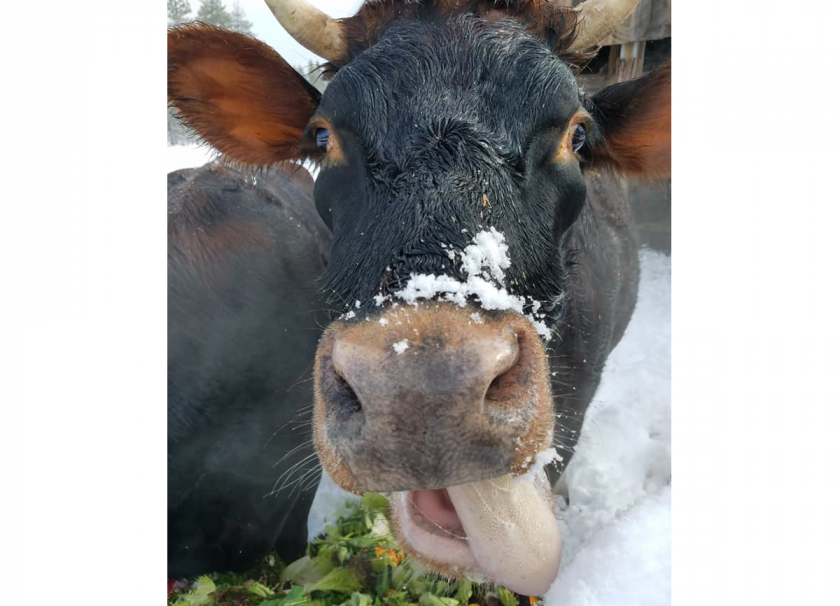
Food waste at the Co-op
By Rianna Koppel, Sustainability Coordinator
How many times in the past month have you reached back in the fridge to snack on some fresh strawberries only to discover… mold?! In the United States, 40% of food is wasted every year. Luckily, how we address food waste can have a major impact. According to Paul Hawkin’s Drawdown, reducing food waste is #3 on the list of best ways to reduce carbon dioxide emissions. At the Co-op, we use the EPA’s Food Recovery Hierarchy as a guide to bettering our own practices.
Source Reduction and Reuse
Ever wonder what happens to a carton of eggs with a cracked bunch? At the Co-op, we reuse these eggs for your breakfast. Deli staff will sort and reuse peaches, strawberries, bananas, and more for bakery goods, smoothies, and cold bar desserts. Imperfect produce can be used for vegetable stock, hot bar meals, or the salad bar. Every day at 8 pm, the Deli hot bar price is reduced to $8.95 per lb to reduce waste.
Feed Hungry People
After resourcing useable food, staff glean the rest. There are several places behind the scenes for employees to discover their dinner. On a regular day, a Co-op employee could glean a few slightly bruised apples, a damaged can of garbanzo beans, a leaky carton of goat milk, and a piece of cornbread from the night before.
Additionally, at the end of every day except Christmas, the Co-op is visited by a special guest: the Ashland Food Angels. The Angels deliver food to the Ashland Emergency Food Bank, which provides emergency food supplies, without charge, to individuals and families in the Ashland/Talent area who would otherwise go hungry.
In total, throughout every year at the Co-op, about 22,000 lbs of healthy, edible food are diverted from the landfill and given to those in need.
Feed Animals
There is one more special guest that visits the Co-op every day - Crack o' Dawn Farm. They pick up several large barrels of food scraps to deliver as fodder for the animals. The scraps are given to goats, cows, and pigs. Deli and Produce staff collect these food scraps for the farm, making sure there are no rubber bands, paper wrapping, or metal twist ties that could injure the animals.
Composting
There are two things that goats and pigs can’t eat: coffee grounds and eggshells. These are the two main components for our compost stream. A local farmer picks up these barrels weekly to add to his compost pile.
Landfill
The last stop on our journey is the landfill. Right now, the Co-op diverts over 80% of our waste, which is a strong step towards our goal of being zero-waste.
Through our practices and commitment to zero waste, we can make an impact in our community. Every time you choose to eat at the Co-op, you are choosing to support local farmers, our staff, and families in need of fresh, healthy food in Ashland and Talent. Instead of food wasters, we can count ourselves as abundant food innovators.
More Co-op News
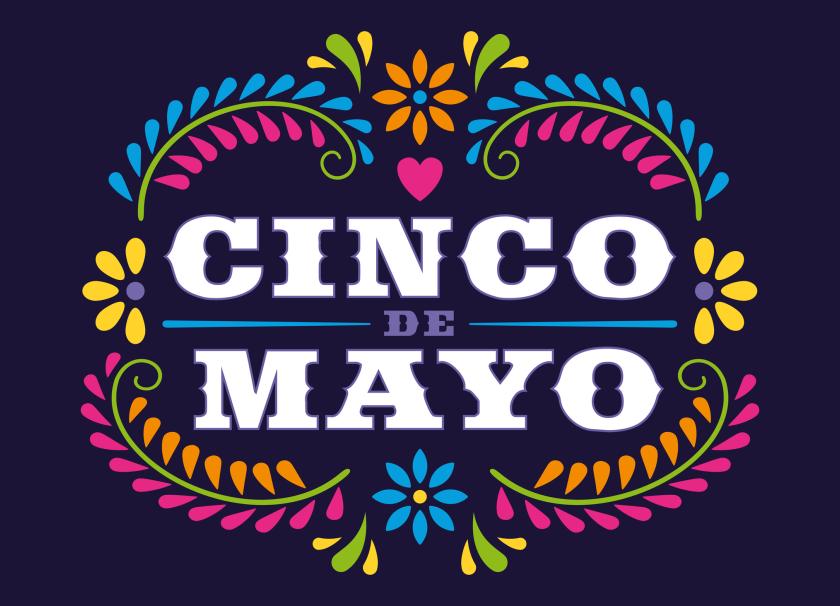
A Closer Look at Cinco de Mayo
Cinco de Mayo has become synonymous with festivities and delicious Mexican cuisine (and who doesn’t love both of those things?). At the Ashland Food Co-op, it's important for us to approach this celebration mindfully and with a cultural understanding.
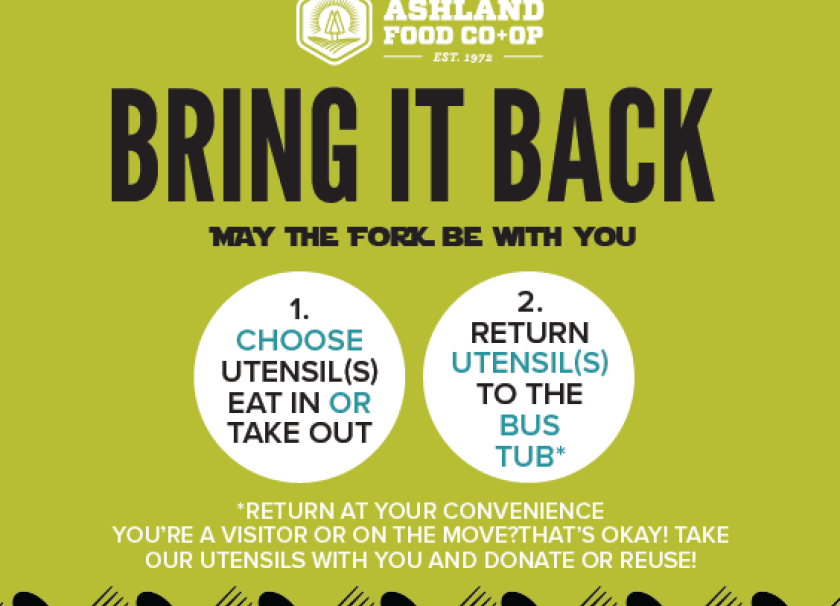

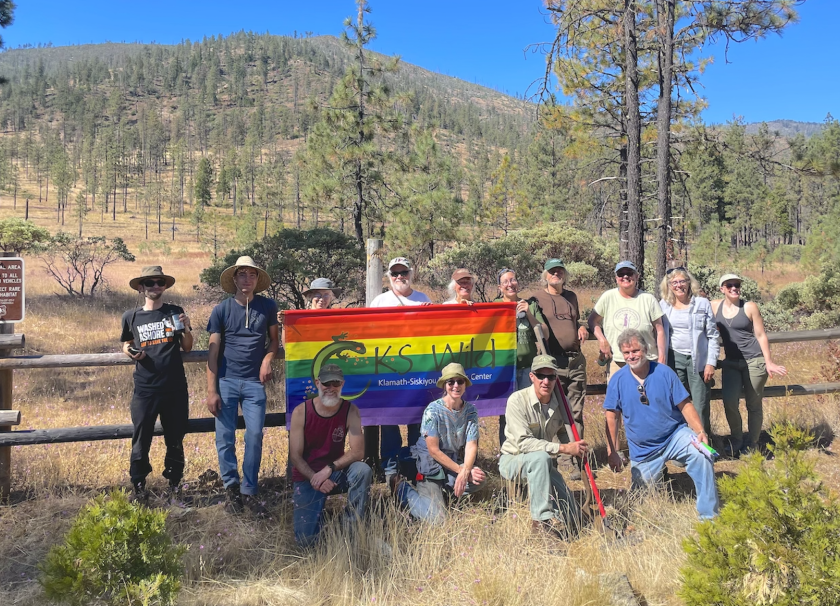
March Change for Good: KS Wild
As we step into March, we are thrilled to introduce our Change for Good partner – KS Wild, an organization dedicated to preserving the breathtaking landscapes of Southern Oregon. At the heart of our community lies a shared commitment to sustainability and environmental stewardship, making KS Wild the perfect ally in our ongoing quest for positive change.
What is KS Wild?
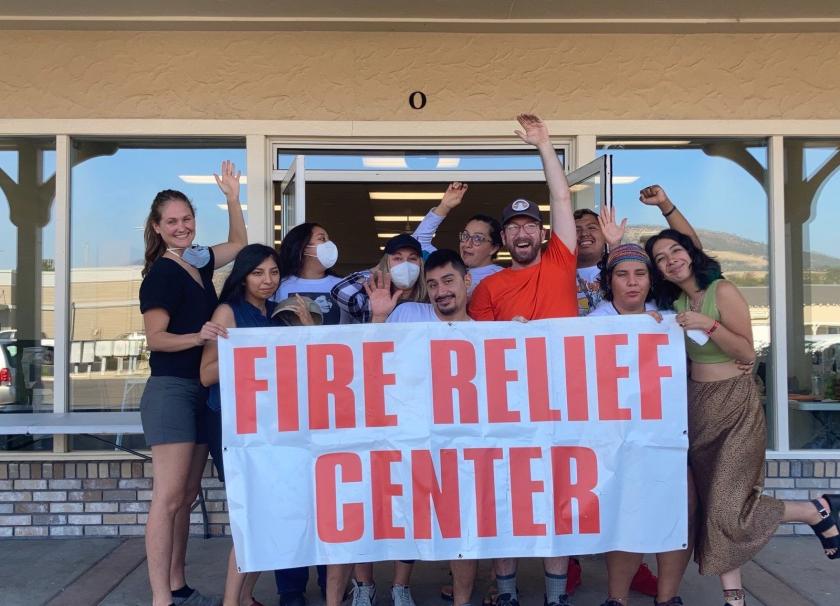
February Change for Good Partner: Rogue Climate
As we navigate the challenges posed by climate change, it becomes increasingly vital to support organizations dedicated to creating positive environmental impacts. This February, Ashland Food Co-op proudly introduces Rogue Climate as its Change for Good partner. Join us in supporting their mission to empower Southern Oregon communities most affected by climate change.
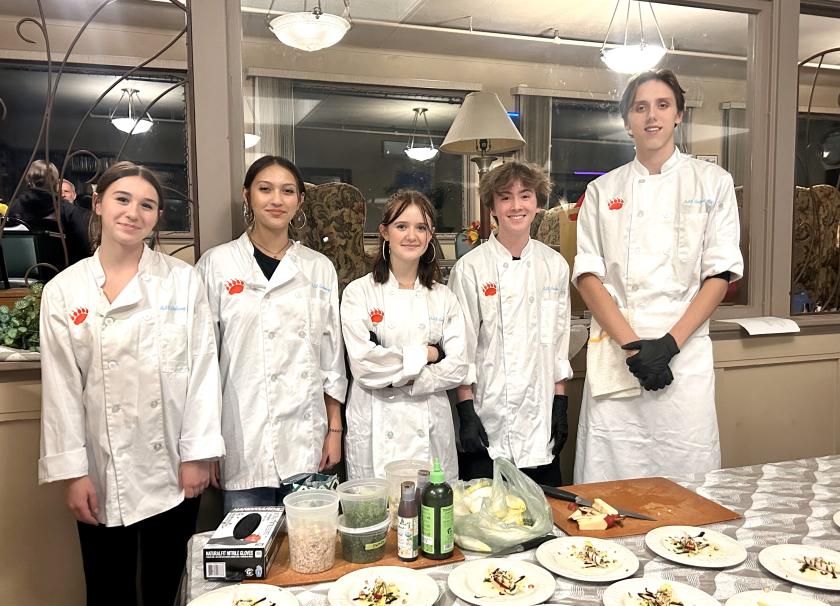
January Change for Good: AHS Culinary Arts Program
Hey Co-op community!
As we step into the new year, the Ashland Food Co-op is excited to continue our Change for Good program, and for January 2024, we're shining a spotlight on a program that's close to our hearts (and our stomachs) - the Ashland High School Culinary Arts Program.
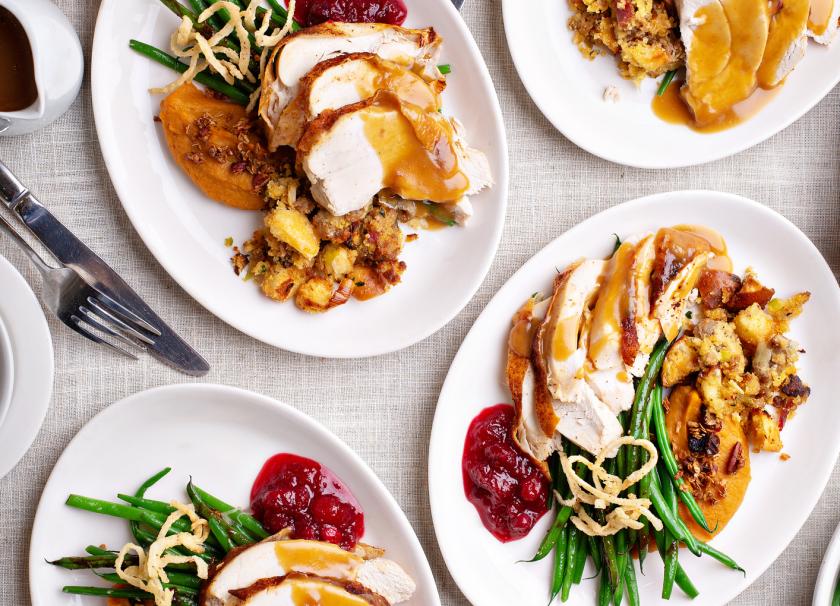
No Hassle Holiday - Thanksgiving Dinner from the Co-op!
This Thanksgiving, let us take the hassle out of your holiday feast preparation!
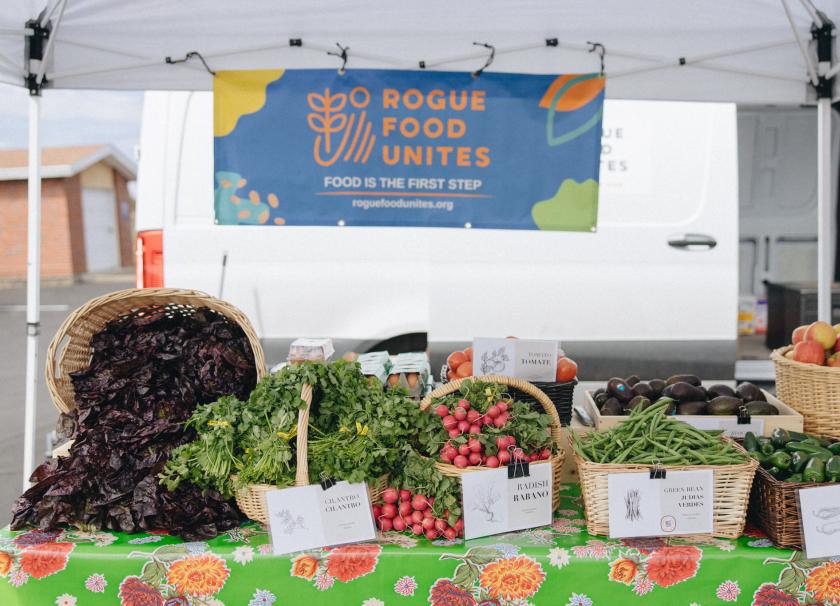
November Change for Good: Rogue Food Unites
Say hello to our November Change for Good partner - Rogue Food Unites!
Rogue Food Unites (RFU) uses food to heal individuals and communities during times of crisis. RFU was formed in 2020 out of the dual disasters of the Almeda and Obenchain fires and the impacts of COVID-19 on local communities. Within a short time, RFU began contracting with the State of Oregon to supply hot meals, food boxes, and solidarity cards in Deschutes, Douglas, Klamath, Josephine, and Jackson Counties.
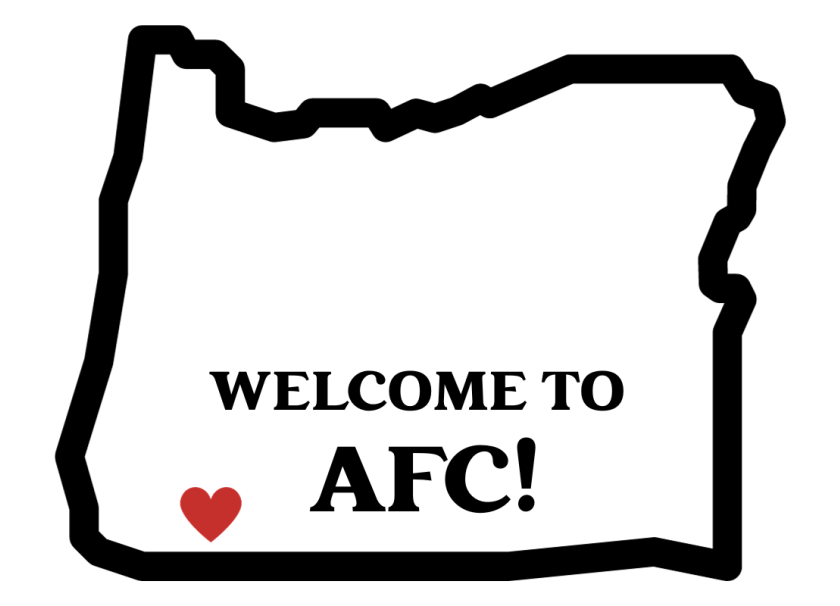
Meet Nick Hardee, AFC's new GM!
The Co-op Board of Directors and staff are thrilled to welcome Nick Hardee as the new General Manager of the Ashland Food Co-op! We asked Nick to share a little bit about himself so we'll get right to it!

October Change for Good: Center for Non-Profit Legal Services
This October, the Ashland Food Co-op is proud to partner with the Center for Non-Profit Legal Services (CNPLS) for our Change for Good program. All month long, shoppers can round up their purchases to support CNPLS and their mission to provide access to justice.
CNPLS is a non-profit legal aid firm serving low-income and vulnerable community members in Ashland and surrounding areas. Their team of dedicated lawyers and volunteers work to ensure everyone has access to legal help, regardless of their ability to pay.
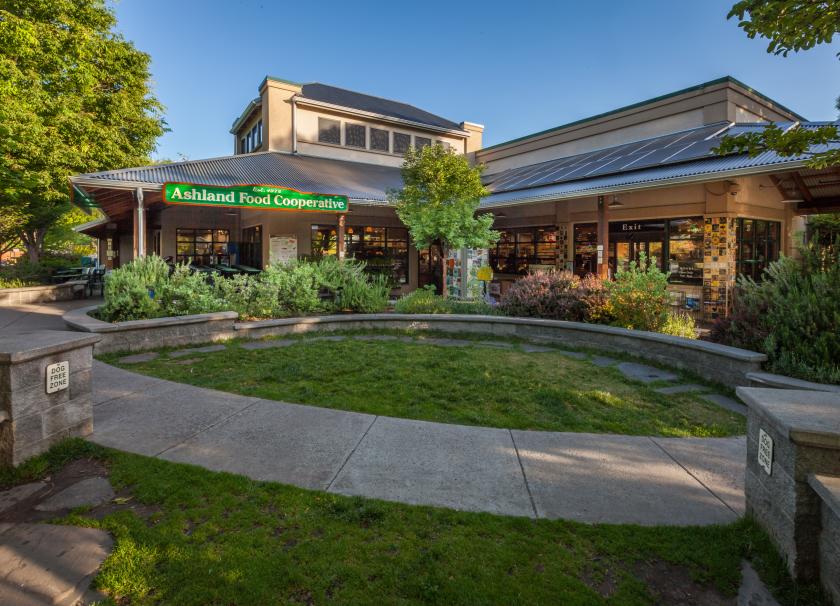
It's Co-op Month!
OK, you've got us, every month is Co-op Month here at AFC! But every October since 1964, cooperatives of all kinds have celebrated the cooperative difference. Here at the Ashland Food Co-op, we're excited to recognize the history, benefits, and principles behind our own co-op.

September Change for Good: AFC Community Fund
As we enter the beautiful month of September here in Southern Oregon, we're excited to share that our Change for Good partner this month is our very own Community Fund. As many of you know, the Community Fund allows us to support amazing local projects and organizations doing great work right here in Southern Oregon.
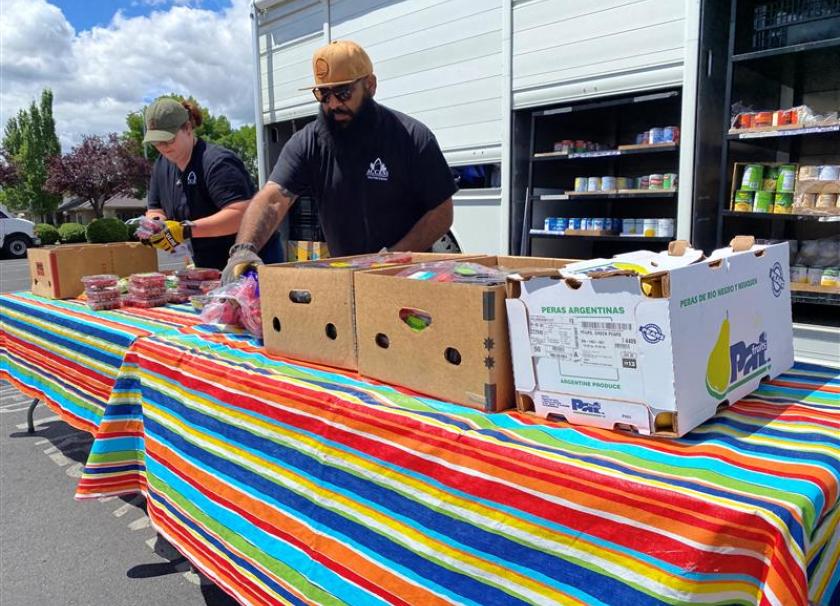
August Change for Good - Partnering with ACCESS to Make a Difference!
We are honored to partner with ACCESS this August - a fantastic organization that has been serving our community for over four decades. ACCESS, which stands for "A Community in Action, Connecting, Empowering, and Strengthening Self-Sufficiency," is dedicated to addressing hunger, homelessness, and poverty in Southern Oregon.

Empowering Our Community: AFC's Community Grants Now Accepting Applications
As part of our ongoing commitment to supporting the local community, AFC is thrilled to announce the that we are accepting applications for our Community Grants program.
Ashland Food Co-op's Community Grants program is designed to foster meaningful change in the Southern Oregon region. Through these grants, we seek to support projects that align with our mission of promoting local and sustainable food systems, addressing food insecurity, and promoting community engagement.

July's Change for Good Partner - Maslow Project
Ashland Food Co-op is thrilled to partner with Maslow Project for our Change for Good program! Maslow Project is an incredible organization that works tirelessly to support homeless youth and families in Southern Oregon. Their mission is to empower individuals and families to achieve self-sufficiency, and they do this through a range of services including housing assistance, medical care, and educational support.
